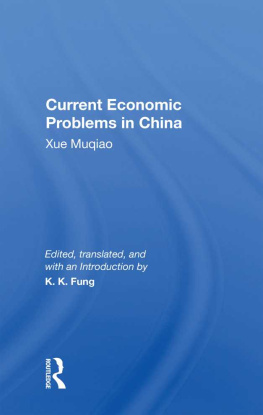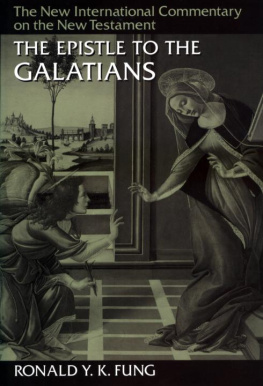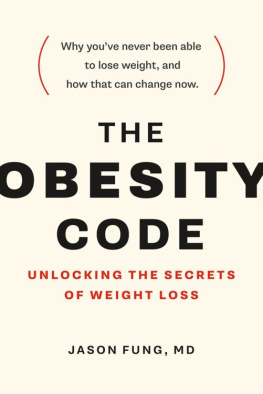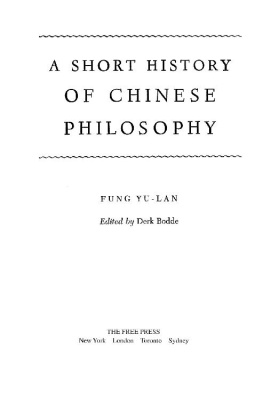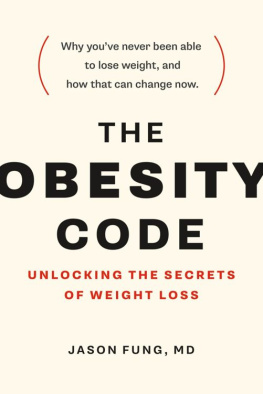Social Needs versus Economic Efficiency in China
Sun Yefang's Critique of Socialist Economics
Social Needs versus Economic Efficiency in China
Sun Yefang's Critique of Socialist Economics
Edited and translated with an introduction by K. K. FUNG
First published 1982 by M.E. Sharpe
Reissued 2018 by Routledge
2 Park Square, Milton Park, Abingdon, Oxon OX14 4RN
711 Third Avenue, New York, NY 10017, USA
Routledge is an imprint of the Taylor & Francis Group, an informa business
Copyright 1982 by Taylor & Francis
No part of this book may be reprinted or reproduced or utilised in any form or by any electronic, mechanical, or other means, now known or hereafter invented, including photocopying and recording, or in any information storage or retrieval system, without permission in writing from the publishers.
Notices
No responsibility is assumed by the publisher for any injury and/or damage to persons or property as a matter of products liability, negligence or otherwise, or from any use of operation of any methods, products, instructions or ideas contained in the material herein.
Practitioners and researchers must always rely on their own experience and knowledge in evaluating and using any information, methods, compounds, or experiments described herein. In using such information or methods they should be mindful of their own safety and the safety of others, including parties for whom they have a professional responsibility.
Product or corporate names may be trademarks or registered trademarks, and are used only for identification and explanation without intent to infringe.
Publisher's Note
The publisher has gone to great lengths to ensure the quality of this reprint but points out that some imperfections in the original copies may be apparent.
Disclaimer
The publisher has made every effort to trace copyright holders and welcomes correspondence from those they have been unable to contact.
A Library of Congress record exists under LC control number: 82010265
ISBN 13: 978-1-138-04542-2 (hbk)
ISBN 13: 978-1-315-17195-1 (ebk)
To John C. Pelzel
Who turned dreams into reality
K.K.F.
"To discuss politics independently of economics, to replace objective economic laws with the mass line and politics in command, and to use political explanation instead of economic explanation reflect not only the idealistic viewpoint, but also the lazy man's mentality in economics."
Sun Yefang
"Some Knowledge of Philosophy Is Necessary to Understand Economics"
Contents
- K. K. FUNG
Editors Introduction - SUN YEFANG
Authors Preface
Acknowledgments
1. Sun Yefang for his permission to translate Some Theoretical Issues in Socialist Economics and for his approval of my selections for the English edition.
2. Memphis State University Faculty Research Grant Fund for partial financial support.
3. Leslie Burkett, of the Bureau of Business and Economic Research, Memphis State University, for editing the Editor's Introduction and proofreading the galley of the whole volume.
4. Cyril Chang and Nancy Wulwick for their detailed comments on the first draft of the Editor's Introduction.
5. Ju Ju Fung, my ten-year old daughter, who miraculously transformed an almost illegible handwritten Editor's Introduction into a typewritten draft.
K. K. Fung
Memphis
March 1982
K. K. Fung
I . Theoretical Issues General Content
Written by Sun Yefang, former director of the Institute of Economies of the Chinese Academy of Sciences, Some Theoretical Issues in Socialist Economics is a major critique of socialist economic theories and policies in China. Theoretical Issues was first published in Chinese by the People's Publishing Company, Beijing, in 1979. It contains twenty papers written over the twenty-two year period from 1956 to 1978. As Sun's positions remained remarkably unchanged over this period, there is a great deal of content duplication from one paper to another. To avoid excessive duplication, only seven papers have been selected for this English edition, representing some 40 percent of the total pages in the Chinese edition. Unlike most economic writers from China, who tend to hide their arguments behind Marxist and Maoist dogmas and escape into non sequitur whenever the logical arguments contradict those dogmas, Sun writes with an extremely lucid style, refreshingly free of these irritations.
In Theoretical Issues , Sun pointed out that existing practices of the planned Chinese economy often fell far short of official social, economic, and political objectives. He attempted to create a Marxist theoretical rationale for economic reforms in China by reinterpreting the Marxist concepts of value and the law of value. He also made policy proposals relating to the management power of enterprises, the profit target, the depreciation of fixed assets, and the allocation of producer goods.
II . Sun YefangA Biographical Note
Born in 1908, Sun studied in the USSR between 1925 and 1930. He was active in the Chinese Communist Party before the Liberation. After the Liberation, he served as deputy director of the Industry Department
The official publication of Theoretical Issues in 1979 typifies the political vicissitudes in China. The same papers that earned Sun the dubious reputation of being "China's biggest revisionist" and "biggest revisionist in China's economics circle" in the 1960s are now being used to justify liberal economic reforms following the downfall of the Gang of Four. But these past official stigmas and seven years' imprisonment during the Cultural Revolution only served to strengthen Sun's stature as one of China's prominent advocates of economic efficiency in resource allocation.
III . Summary of Theoretical Issues
A , The Importance of Value and the Law of Value
To Sun, the most fundamental theoretical issue in China was the misconceptions surrounding value and the law of value. These misconceptions were:
1. Value exists only in the capitalist economy or commodity economy.
2. The law of value operates only in the commodity economy. It regulates resource allocation through the spontaneous deviation of market prices from equilibrium prices based on value, with market prices higher than the equilibrium prices in the presence of shortages and market prices lower than the equilibrium prices in the presence of surpluses.
3. Value and the law of value operate mainly in circulation and only secondarily in production.
Value and the law of value still operate in socialist China because there is still exchange of commodities between the state economy and the collective economy, and within the collective economy.
5. Within the state sector, there is no commodity exchange. Value and the law of value are no longer operative.
6. If the law of value is still needed in socialist China, it is only because development among state enterprises is uneven and because commodity economy has to be developed before the communist stage can be reached. In the communist economy, commodities will cease to exist. There will be no need for value or the law of value.


